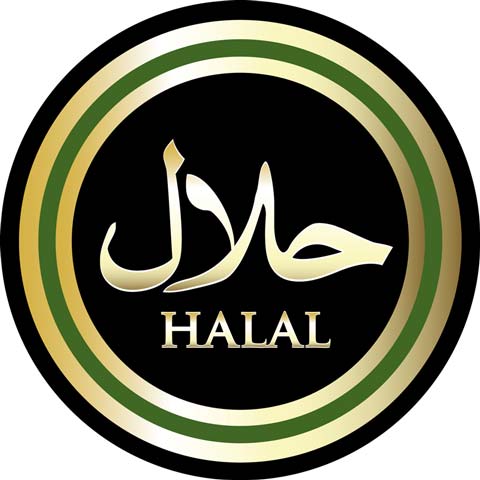
![]() Meat that is religiously slaughtered and sold in British shops should be labelled to say if the animal was pre-stunned, according to one MP.
Meat that is religiously slaughtered and sold in British shops should be labelled to say if the animal was pre-stunned, according to one MP.
Neil Parish, Conservative MP, who chairs the All-Party Parliamentary Group (APPG) on Beef and Lamb, argued in parliament for better research into shechita and halal slaughter. Mr Parish will ask the government to persuade Muslim and Jewish communities to pre-stun prior to slaughter.
For some Muslims, pre-stunning is acceptable if the blow does not kill. Research found that 75% of cattle, 93% of sheep and 100% of chickens slaughtered in the UK for Halal meat were pre-stunned before slaughter. Other research points to a similar conclusion. But the Halal Monitoring Committee rejects pre-stunning.
Shechita slaughter has no pre-stunning. Not out ‘cruelty’, but a religious commitment to animal welfare, a tenet it shares with Islam. Animal or human, all life is sacred.
Louise Ellman, Labour MP, defended the practise during the parliamentary debate: “The Jewish laws of kashrut are part of a wider concern for animal welfare. Shechita is carried out by trained, licensed experts. Animals are killed by a single cut to the throat in a prescribed way from a special surgically sharp knife that is regularly inspected. Blood flow to the brain is immediately cut off with consequential inability to feel pain and subsequent rapid death.”
Other Jewish MPs, and those with large numbers of Jewish constituents, spoke out in support of shechita.
![]() Labour’s Shabana Mahmood, a practising Muslim, spoke in support of the current legislative framework. But Ms Mahmood also recognised that labelling would assist the Sikh community in avoiding ritually slaughtered meat.
Labour’s Shabana Mahmood, a practising Muslim, spoke in support of the current legislative framework. But Ms Mahmood also recognised that labelling would assist the Sikh community in avoiding ritually slaughtered meat.
Restrictions upon religious slaughter might result in an increase of imports. Imports that avoid the UK’s high animal welfare threshold. Ms Mahmood warned that faith communities would “consider” their long-term future in the country, if restrictions were put in place. A consequence the APPG on Beef and Lamb wants to avoid.
Dr Matthew Offord, Conservative MP, compared the 20,000 cows killed per year in Britain for kosher meat with mis-stunning in Europe (a figure that might reach 12 million).
In closing, Dr Offord said: “I believe that labelling meat as not stunned before slaughter is pejorative and discriminatory, because it effectively places religious slaughter methods in a second-class category.”
“I urge the Government to seek the introduction of a fully comprehensive food labelling scheme, and not simply to use the half-truth about “meat from slaughter without stunning”.
Shortly after the debate, Parish informed the Meat Trades Journal that a blanket ban is ‘out of the question’.
In early 2014, the debate around halal and kosher labelling saw David Cameron side-step the issue, but his spokesman told the Independent: “He is a strong supporter of religious freedoms, including religious slaughter practices.”
The APPG on Beef and Lamb report and parliamentary debate makes for fascinating reading that avoids cheap sensationalism. That way at least, a faux concern for animal welfare is not simply a proxy for bigotry against Muslim and Jewish communities. But until our gaps in knowledge (scientific and otherwise) improve the wheels against religious slaughter will continue to turn.